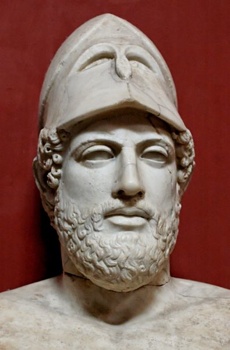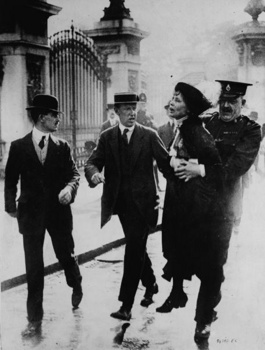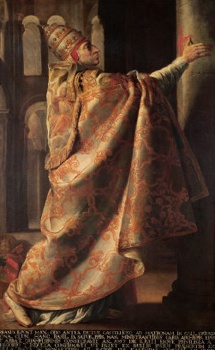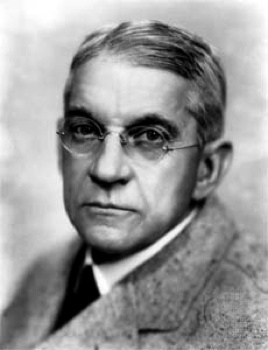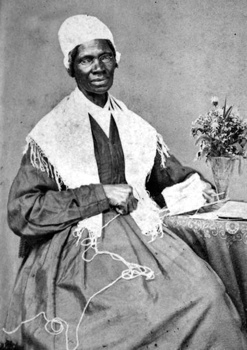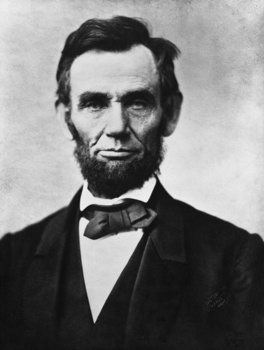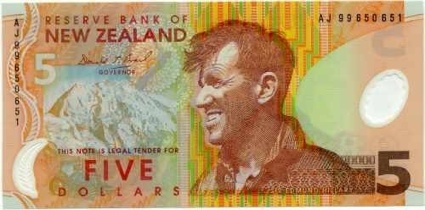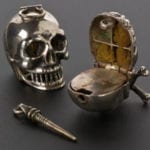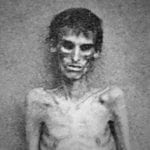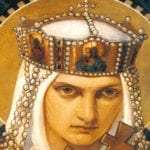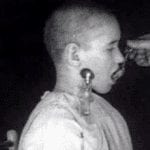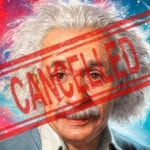Kennedy was inaugurated on January 20, 1960 and on that day he gave this speech. In the speech he asks all Americans to unite against common enemies of tyranny, poverty, disease, and war. To work toward this end, Kennedy created the Peace Corps in 1961. This speech is only one of the many that Kennedy gave and it shows his great talent for rhetoric. You can see the second half of this speech here, or you can read it in full here.
Pericles was a statesman and orator in Athens during its golden age. He had such a profound influence on society that his contemporary historians called him “the first citizen of Athens”. This speech was delivered as part of the public funeral for those who died at the end of the first year of the Peloponnesian War. According to Wikipedia, It was established Athenian practice by the late fifth century to hold a public funeral in honour of all those who had died in war. The remains of the dead were left out for three days in a tent, where offerings could be made for the dead. Then a funeral procession was held, with ten cypress coffins carrying the remains, one for each of the Athenian tribes. The procession led to a public grave (the Kerameikos), where they were buried. The last part of the ceremony was a speech delivered by a prominent Athenian citizen (in this case, Pericles). You can read the rest of the speech here.
Pankhurst was one of the leaders of the British suffragette movement before World War I and her name is the one most commonly associated with the group. She was arrested on a number of occasions and it was between imprisonments that she travelled to America and gave the speech here. It was not until 1928 that women were granted fully equal rights of voting as men in Britain. You can read the rest of the speech here.
Pope Urban II (French born Otho de Lagery) is best known as the Pope who started the first crusade. It is with the speech here that he declared the crusade open at the Council of Clermont. The first crusade was called in order to help the Byzantine Emporer fight against the Islamic rulers in the Holy Land. The crusade was a success and the Kingdom of Jerusalem was created as a result. In addition to starting the first crusade, Pope Urban II created the Roman Curia (a group of Bishops who help in the day to day running of the Church), and was considered a great diplomat. You can read the rest of the speech here.
Phelps was an author and a scholar who taught at Yale University in the English department for 41 years. This speech is included because it is a great treatise on books and reading. It was read over the radio one year before the Nazi’s began their systematic destruction of books in Germany which did not match Nazi ideals. You can read the rest of the speech here.
Sojourner Truth was a slave woman freed by the abolition of slavery in New York. She became a well known support of the abolitionist cause, traveling around the US. The speech here was delivered in 1851 at the Ohio Women’s Rights Convention. In 1872 she tried to vote in the presidential election but was turned away at the polling place. She died in 1883. You can read the rest of the speech here.
Due to a tip-off from the CIA, Mandela was arrested in 1962 for inciting people to strike and leaving the country without a permit. He was sentenced to five years in prison. In 1964, the government brought further charges including sabotage, high treason and conspiracy to overthrow the government. This speech is his opening statement at the trial. You can read the rest of the speech here.
King delivered this speech on the steps of the Lincoln Memorial during the March on Washington for Jobs and Freedom. The speech is seen as a turning point in the struggle for equality that black Americans were suffering. The speech was ranked Top American Speech by a poll of scholars of public address. The famous part of the speech (“I have a dream”) was not actually written down – King ad-libbed this section. You can read the rest of the speech here.
The Gettysburg address is the most quoted speech in US history and is the most famous of Lincoln’s. The exact wording of the speech is not known as the five original copies that still exist all differ slightly and differ from contemporary newspaper texts. The speech was delivered at the dedication of the Soldiers’ National Cemetery in Gettysburg, Pennsylvania, on the afternoon of Thursday, November 19, 1863, during the American Civil War, four and a half months after the Union armies defeated those of the Confederacy at the decisive Battle of Gettysburg. You can read the rest of the speech here.
This speech was given shortly after Winston Churchill became Prime Minister. It was the second of the three well known speeches given by Churchill during the Battle of France (the others being “Blood, toil, tears, and sweat”, and “This was their finest hour”). The speech was given in the wake of withdrawal of British forces from from France at Dunkirk. Churchill, a master rhetorician, used anaphora (see item 3), asyndeton (see item 9), and Germanic root words (see item 3 here) throughout the speech to give it more impact. You can read the rest of the speech here.
This famous line was spoken by Sir Edmund Hilary after he and Sherpa Tenzing had conquered mount Everest. I have included it here (even though it is not truly a speech) because it is such a great line and has the force of a speech! Notable omissions: Patrick Henry’s “Give me liberty or give me death” This article is licensed under the GFDL because it contains quotations from the Wikipedia articles: Gettysburg Address, and Pericles’ Funeral Oration Read More: Facebook Instagram Email
